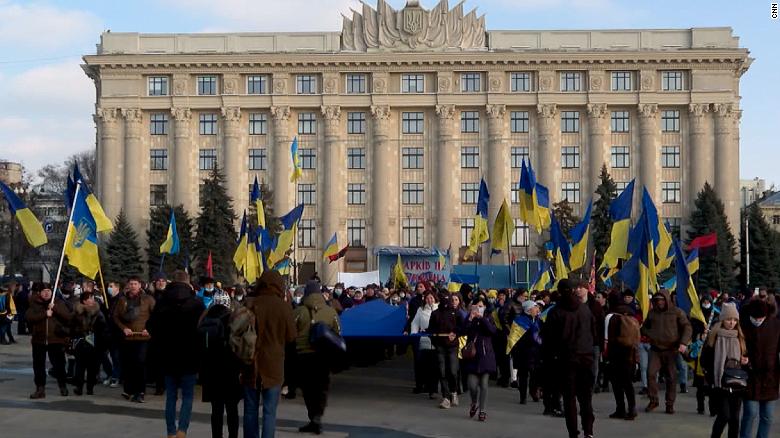What is the Minsk agreement and is it a way out of Ukraine crisis?

The agreement, the second of its kind (and the one that matters), was hammered out in the Belarusian capital in a bid to end what was then a bloody 10-month conflict in eastern Ukraine.But Minsk II has never been fully implemented, with its key issues still unresolved. Here’s what you need to know:Who are the key players?A rare meeting between Russian, Ukrainian, German and French leaders in February 2015 sought to bring peace to areas of Ukraine that had been taken over by pro-Russian separatists the year before. Those areas, in Ukraine’s A dialogue on local elections in areas occupied by pro-Russian rebels.The restoration of full economic and social links between the two sides, so that, for example, pensions could be paid.That Ukrainian government control be restored over the border with Russia.The withdrawal of all foreign forces and mercenaries.Constitutional reform that would provide some autonomy to the regions of Ukraine’s eastern Donbas region no longer under the central government’s control.What happened after Minsk II was signed?The worst of the fighting stopped, and OSCE monitors moved in. To this day, the OSCE patrols the frontlines and reports ceasefire violations along the border. However, there is much less fighting and fewer casualties than in 2014-15. From that perspective, the agreement was, at least, partly fulfilled.Still, there are 1.5 million internally displaced people in Ukraine, and nearly 14,000 people have died in the conflict.US Secretary of State Antony Blinken said Monday that the United States and Ukraine are “united” in supporting the Minsk agreements as the way forward to resolve the conflict. But he also hinted that the agreement alone isn’t a one-stop solution, highlighting the challenges that the agreement presents. “Minsk does not spell out some issues of sequencing when it comes to the steps that the parties need to take,” Blinken said, adding: “Ukraine’s been approaching this in good faith. We have not to date seen Russia do the same.”Duncan Allan, associate fellow of the Russia and Eurasia Program at London’s Chatham House think tank, wrote that ultimately the argument about Minsk is this: “Is Ukraine sovereign, as Ukrainians insist, or should its sovereignty be limited, as Russia demands?”





